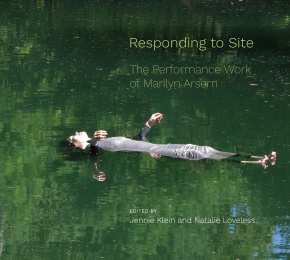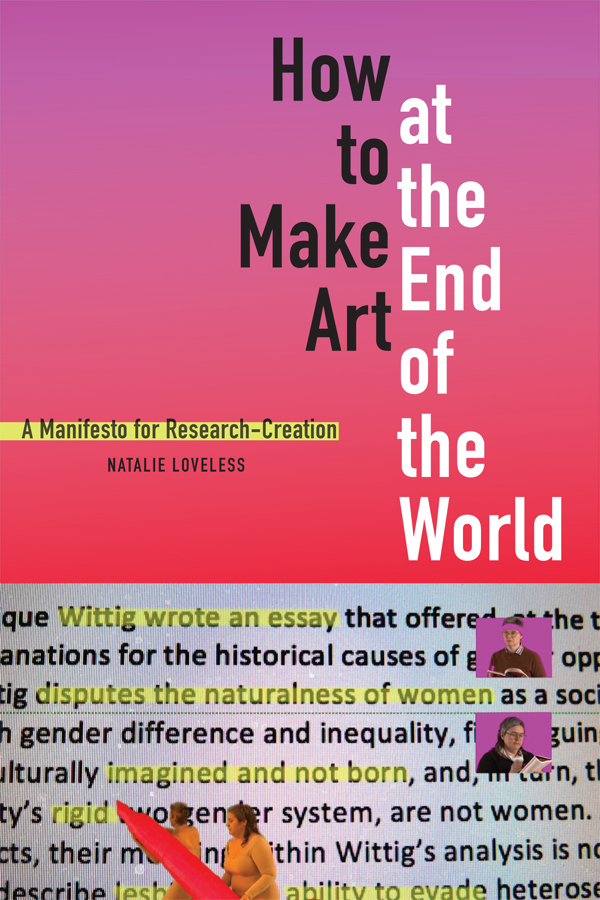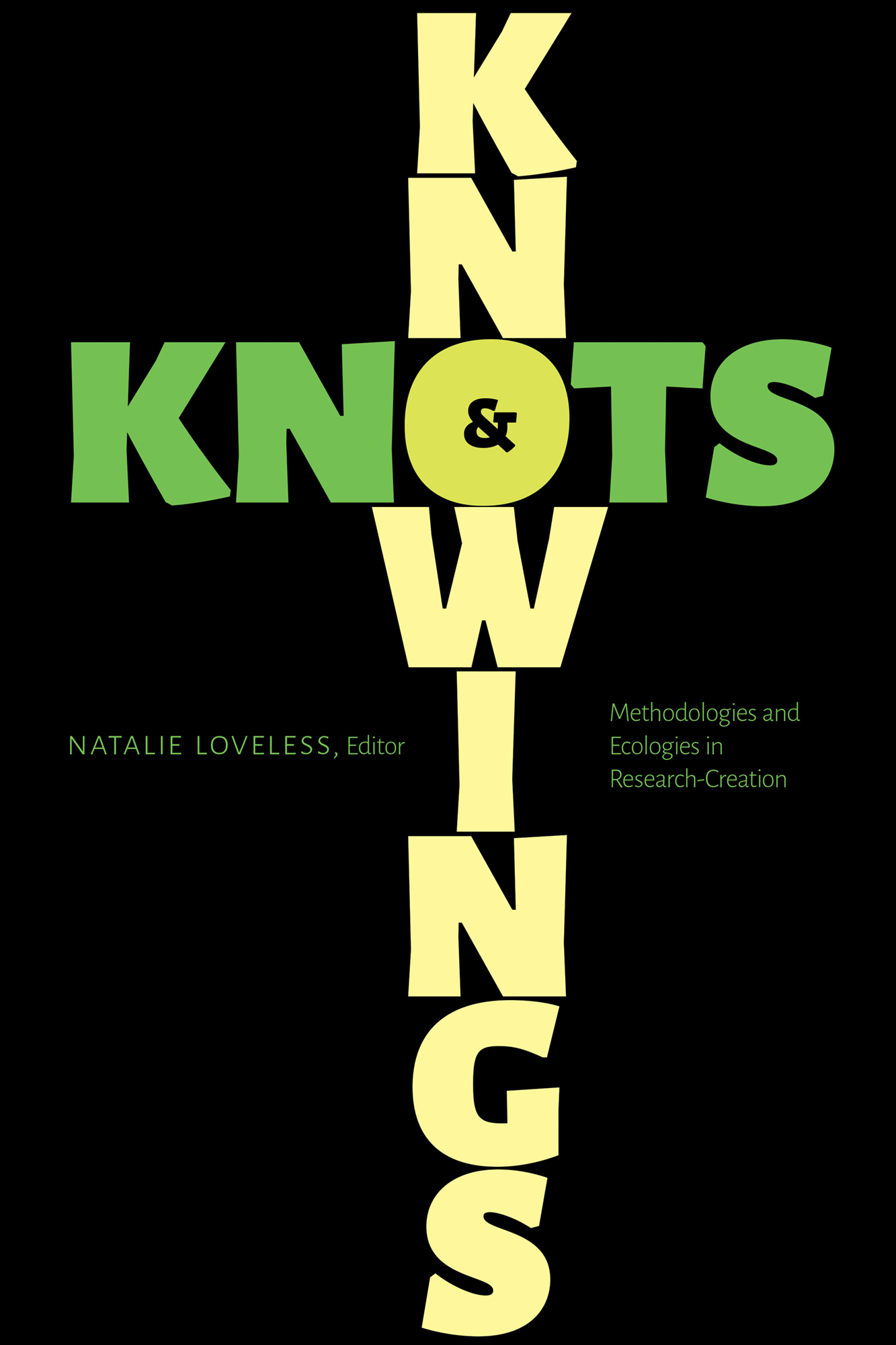Natalie Loveless

Natalie Loveless in Yayoi Kusama’s Infinity Room, Crystal Bridges Museum.
Photo: James Glasscock (2022)
Professor, History of Art, Design and Visual Culture
Director, Research-Creation and Social Justice CoLABoratory
Co-Director, Faculty of Arts Signature Area in Research-Creation
Office: 3-91 Fine Arts Building
Email: nsl@ualberta.ca
Areas of Teaching + Research
- Contemporary Art
- Visual and Performance Studies
- Gender and Sexuality

Natalie Loveless with Donna Haraway, keynote speaker for the 2014 'Think Tank', "Knowings and Knots: Methodologies + Ecologies in Research Creation."
Biography
PhD (History of Consciousness), University of California, Santa Cruz, 2010; MFA (Interdisciplinary Studio Art), School of the Museum of Fine Arts, Boston, 2004; MA (Contemporary Art History and Theory), Tufts University, 2004
Natalie Loveless (www.loveless.ca) is Professor of Contemporary Art and Theory in the Department of Art & Design at the University of Alberta (ᐊᒥᐢᑿᒌᐚᐢᑲᐦᐃᑲᐣ /Amiskwacîwâskahikan, Treaty Six territory and Métis Region 4), where she directs the Research-Creation and Social Justice CoLABoratory and co-leads the Faculty of Arts’ Signature Area in Research-Creation. She is a fellow of the Royal Society of Canada (College of New Scholars, Artists, and Scientists), the author of How to Make Art at the End of the World: A Manifesto for Research-Creation (Duke UP 2019), editor of Knowings and Knots: Methodologies and Ecologies in Research-Creation (University of Alberta Press 2019), co-editor of Responding to Site: The Performance Work of Marilyn Arsem (Intellect Press 2020), and the forthcoming Routledge Companion to Performance Art.
Regularly Taught Courses: Themes in Contemporary Art; Gender, Sexuality, and Visual Culture; Art and Social Justice; Introduction to Performance Art, Art and the Anthropocene; and The Content of the Form.
Dr. Loveless is happy to supervise students interested in contemporary art with a focus on social and climate justice, gender and sexuality, and performance-based practices, especially students who investigate these topics from multispecies, antiracist, psychoanalytic, queer, and feminist perspectives. Research-creation applicants must have a strong commitment to history and theory, in addition to practice.
For more information about projects, publications, and other activities please visit: www.loveless.ca



